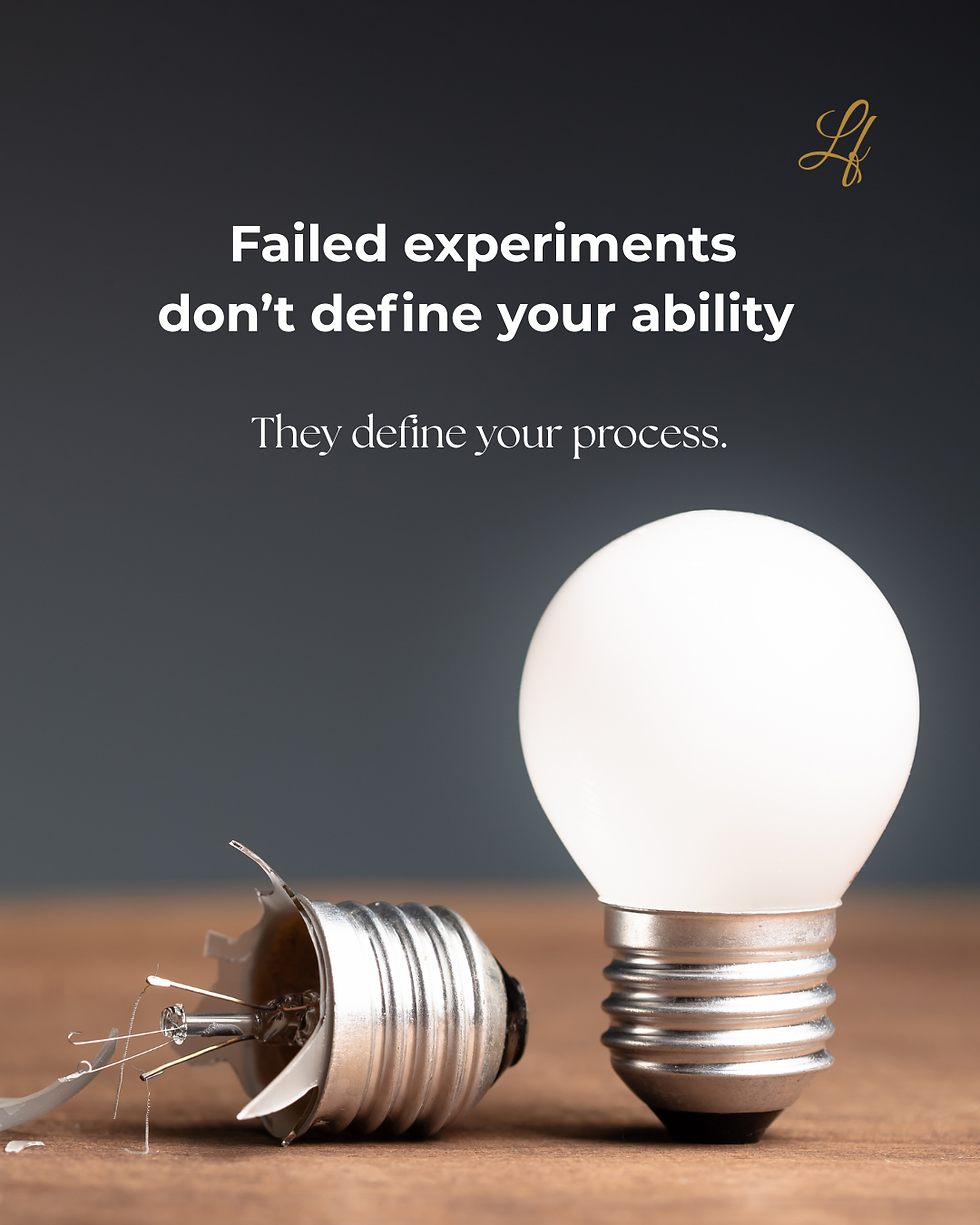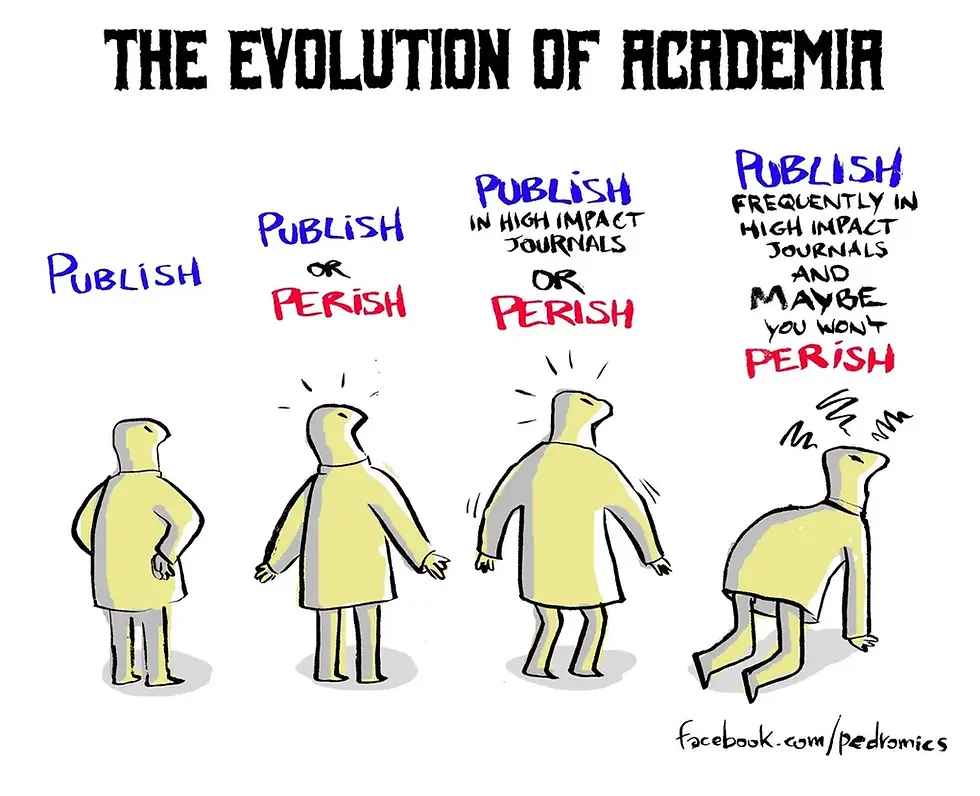Asking Questions in Research: Why Curiosity Matters More Than Fear
- Laras Fadillah
- Oct 1, 2025
- 2 min read
I'll be honest: I sometimes still hesitate to ask questions. Part of it is fear; fear of sounding naïve, fear of revealing what I don't know. And moving across fields has made it harder.
I started in materials and engineering, and now I’m deep into pure chemistry. Suddenly I’m staring at long, complex molecules on the screen, trying to follow reaction pathways. More than once, the sheer complexity has made me feel like I knew nothing at all. At times, it almost gave me nausea.

That pressure to "catch up" often made me want to stay quiet in seminars or meetings. But asking questions in research is not a weakness; it's one of the best ways to contribute. I learned that silence doesn't help me, or the project. Over time, I discovered that the most valuable questions aren't the ones that show off technical mastery. They’re the ones that move the discussion forward.
And if you're still afraid to ask in front of everyone, that's okay too. You can always approach the speaker afterward, one-on-one. In fact, those quieter conversations often become the most meaningful, a chance to dive deeper, connect personally, and sometimes even spark collaborations.
Research backs this up: a Harvard Business Review study on curiosity found that good questions build both trust and insight. They show that you're not just passively listening; you're helping the team connect the dots.
What I've realized is:
A good question focuses on implications, not just details.
It challenges assumptions: "What would prove this wrong?"
And it connects today’s result to tomorrow’s application.
Even when you feel like an outsider in a field, asking questions is a way to contribute. It's not about knowing everything; it's about moving the conversation forward.



Comments